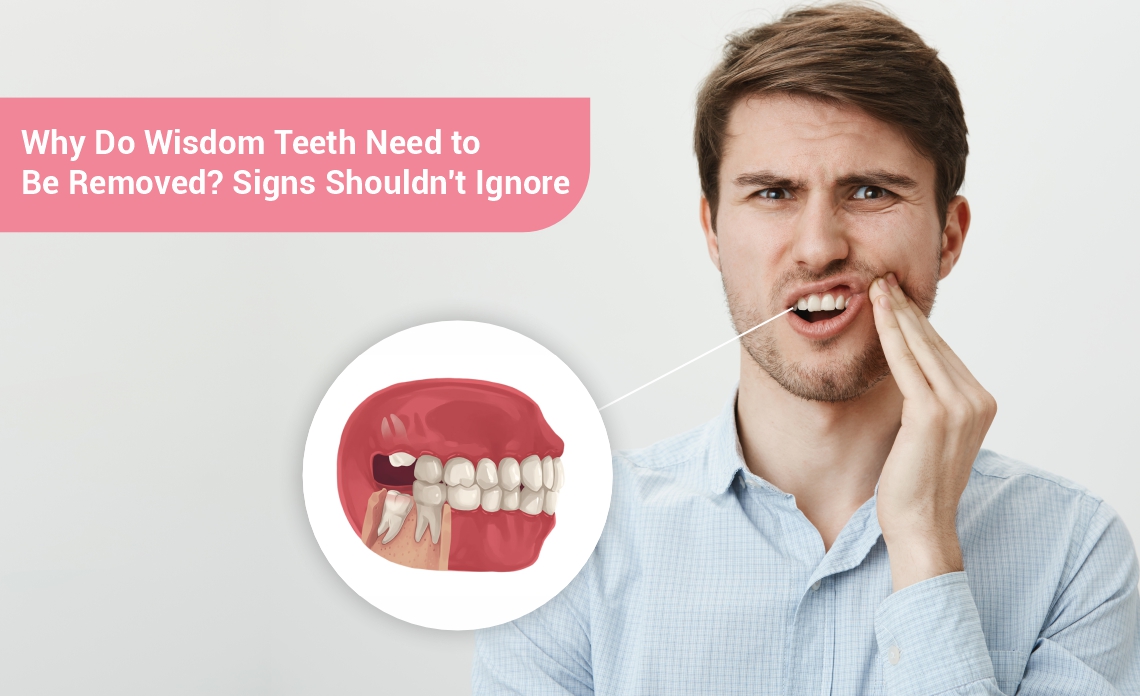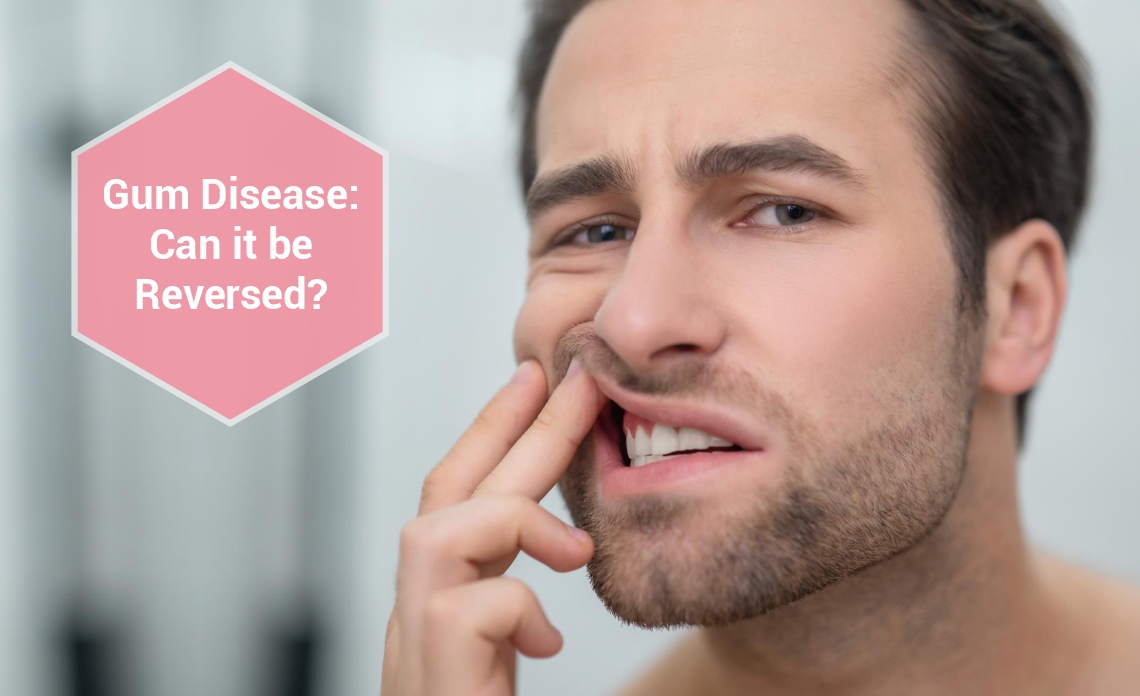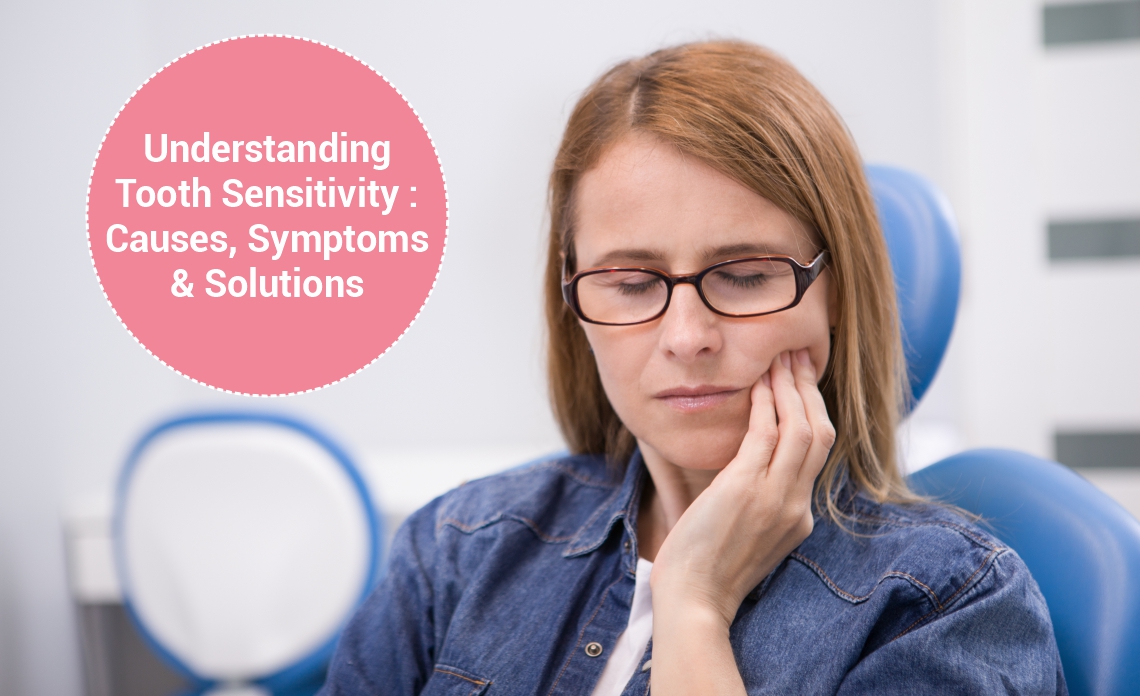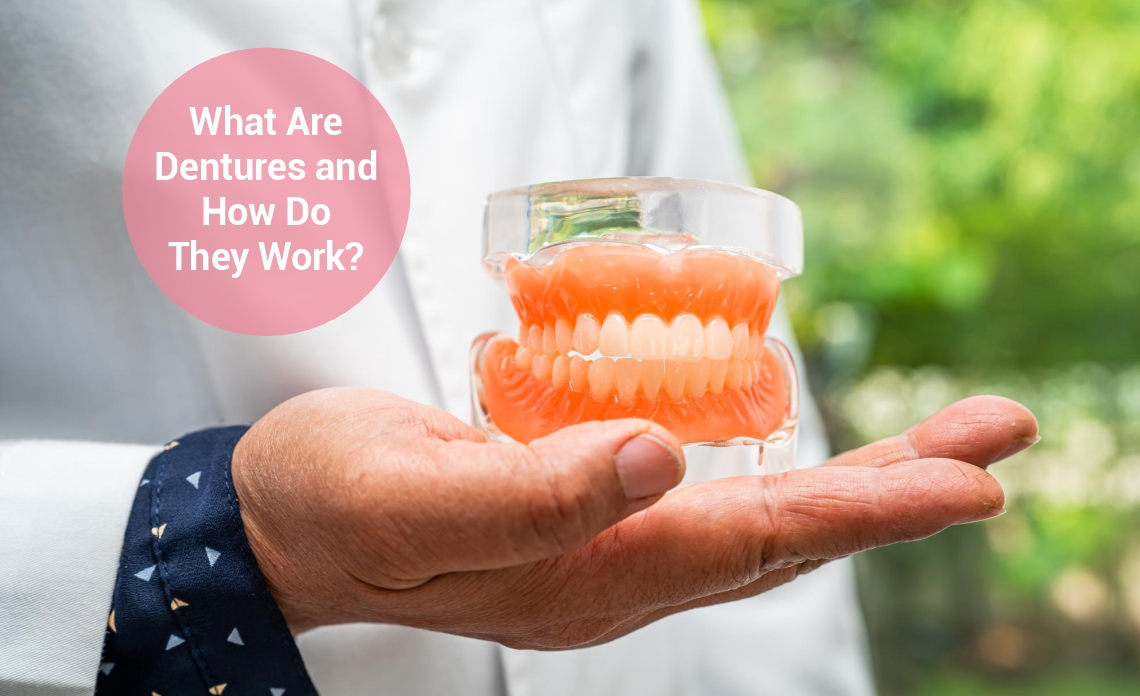Family Dental Clinic
Gum Treatment

Gum Treatment in Ahmedabad
Gum treatment, also known as periodontal therapy, consists of various procedures designed to prevent, diagnose, and treat gum diseases. These treatments help eliminate infections, restore damaged tissues, and maintain overall oral health. Mild to moderate gum disease can often be managed by general dentists, while severe cases may require intervention by periodontists who specialize in gum-related issues.
Periodontal disease occurs when plaque and tartar accumulate along the gumline, leading to inflammation, infection, and, in advanced cases, bone loss. Without treatment, gum disease can progress, causing severe damage to the teeth and surrounding structures.
Who Needs Gum Treatment?
Gum treatment is necessary for individuals exhibiting symptoms of gum disease, which ranges from mild inflammation (gingivitis) to severe damage affecting the gums, ligaments, and supporting bone (periodontitis). Signs indicating the need for treatment include:
- Red, swollen, or tender gums: A common early sign of gum disease that indicates inflammation.
- Bleeding while brushing or flossing: Occasional bleeding is normal, but persistent bleeding suggests infection or inflammation.
- Persistent bad breath or a bad taste in the mouth: Bacteria trapped in gum pockets contribute to chronic halitosis.
- Receding gums: The exposure of tooth roots due to gum loss can lead to sensitivity and an increased risk of decay.
- Loose or shifting teeth: Advanced gum disease causes bone deterioration, leading to tooth instability.
- Formation of deep pockets between teeth and gums: These spaces create a breeding ground for harmful bacteria, worsening gum disease.
Certain factors increase the risk of developing gum disease, including poor oral hygiene, smoking, diabetes, hormonal changes, genetic predisposition, and certain medications that reduce saliva flow. Regular dental check-ups and cleanings are crucial for detecting early signs and preventing complications.
What to Expect During Gum Treatment
The specific treatment process depends on the severity of the gum condition. A professional dental evaluation determines the most suitable approach. The general procedure includes:
- Initial Assessment
A comprehensive dental examination is conducted, which includes:
- A visual inspection of the gums to check for signs of inflammation and recession.
- Measuring the depth of gum pockets using a periodontal probe to assess the extent of gum detachment.
- Reviewing medical history to identify potential risk factors such as smoking, diabetes, or medication use.
- Taking dental X-rays to evaluate bone loss and detect hidden infections.
- Non-Surgical Treatments
For mild to moderate gum disease, non-surgical treatments are often the first approach:
- Scaling and Root Planing: A deep cleaning procedure that removes plaque and tartar from above and below the gumline. Root planing smooths the tooth roots, preventing bacteria from reattaching.
- Antibiotic Therapy: In some cases, topical or oral antibiotics help control bacterial infections and support healing.
- Surgical Treatments (For Severe Cases)
When gum disease has progressed significantly, surgical intervention may be required:
- Flap Surgery: The gums are lifted back to remove deep tartar deposits, and the gum tissue is repositioned to reduce pocket depth.
- Tissue and Bone Grafts: Regenerative procedures that restore lost bone and gum tissues to improve support for teeth.
- Post-Treatment Care
After gum treatment, proper post-care is essential to ensure healing and prevent recurrence:
- Medications or antiseptic mouth rinses may be prescribed to aid in healing.
- Instructions on maintaining oral hygiene are provided to support long-term gum health.
- Follow-up visits are scheduled to monitor recovery and ensure treatment success.
Benefits of Gum Treatment
Effective gum treatment provides numerous advantages, including:
- Prevention of Tooth Loss: Strengthening the supporting structures of teeth reduces the risk of tooth loss, which is common in untreated gum disease.
- Reduction of Infection and Inflammation: Eliminating bacterial buildup helps control inflammation, reducing discomfort and preventing further complications.
- Improved Aesthetics: Treating gum disease corrects gum recession and enhances the overall appearance of the smile.
- Better Overall Health: Research links gum disease to systemic conditions such as heart disease, diabetes, and respiratory infections. Treating gum disease can lower the risk of developing these conditions.
- Restored Gum and Bone Health: Advanced procedures help regenerate lost tissues, improving the structural integrity of the teeth and surrounding areas.
Maintenance and Care Tips
Proper aftercare and ongoing maintenance are essential for preventing the recurrence of gum disease and ensuring long-term oral health. Key maintenance strategies include:
- Practicing Proper Oral Hygiene
- Brush teeth at least twice daily using a soft-bristled toothbrush and fluoride toothpaste.
- Floss daily to remove plaque and food particles from between teeth and below the gumline.
- Use interdental brushes or water flossers for better cleaning in hard-to-reach areas.
- Scheduling Regular Dental Visits
- Professional cleanings and check-ups should be scheduled every three to six months, as recommended by the dentist.
- Monitoring gum health allows early detection of potential issues before they escalate.
- Adopting a Healthy Lifestyle
- Quit smoking, as tobacco use impairs gum healing and significantly increases the risk of gum disease.
- Follow a balanced diet rich in vitamins and minerals to support strong gums and teeth.
- Manage underlying health conditions such as diabetes, which can worsen gum disease.
- Using Antimicrobial Mouthwashes
- Dentist-recommended mouth rinses can help reduce bacteria, inflammation, and plaque buildup.
- Avoid alcohol-based mouthwashes, as they can cause dryness and irritation.
- Managing Stress Levels
- Chronic stress weakens the immune system, making the body more susceptible to infections, including gum disease.
- Engaging in stress-reducing activities such as exercise, meditation, or yoga can promote overall well-being.
Why Choose Family Dental Clinic for Gum Treatment?
At Family Dental Clinic, we specialize in providing high-quality dental Services tailored to each patient’s unique needs. Here’s why we stand out:
- Experienced Specialists: Our team consists of skilled Dental Experts with years of expertise.
- Advanced Technology: We use state-of-the-art equipment, including digital scans and 3D imaging, for precise implant placement.
- Patient-Centered Approach: We prioritize comfort, ensuring a pain-free and stress-free experience.
Comprehensive Care: From consultation to aftercare, we guide you through every step of the process
Blogs
Our Best Dentists





Newsletter
Follow our newsletter to Stay tuned
Emergency phone line:
+91 (79) 2979 6365





.jpg)






.jpg)





